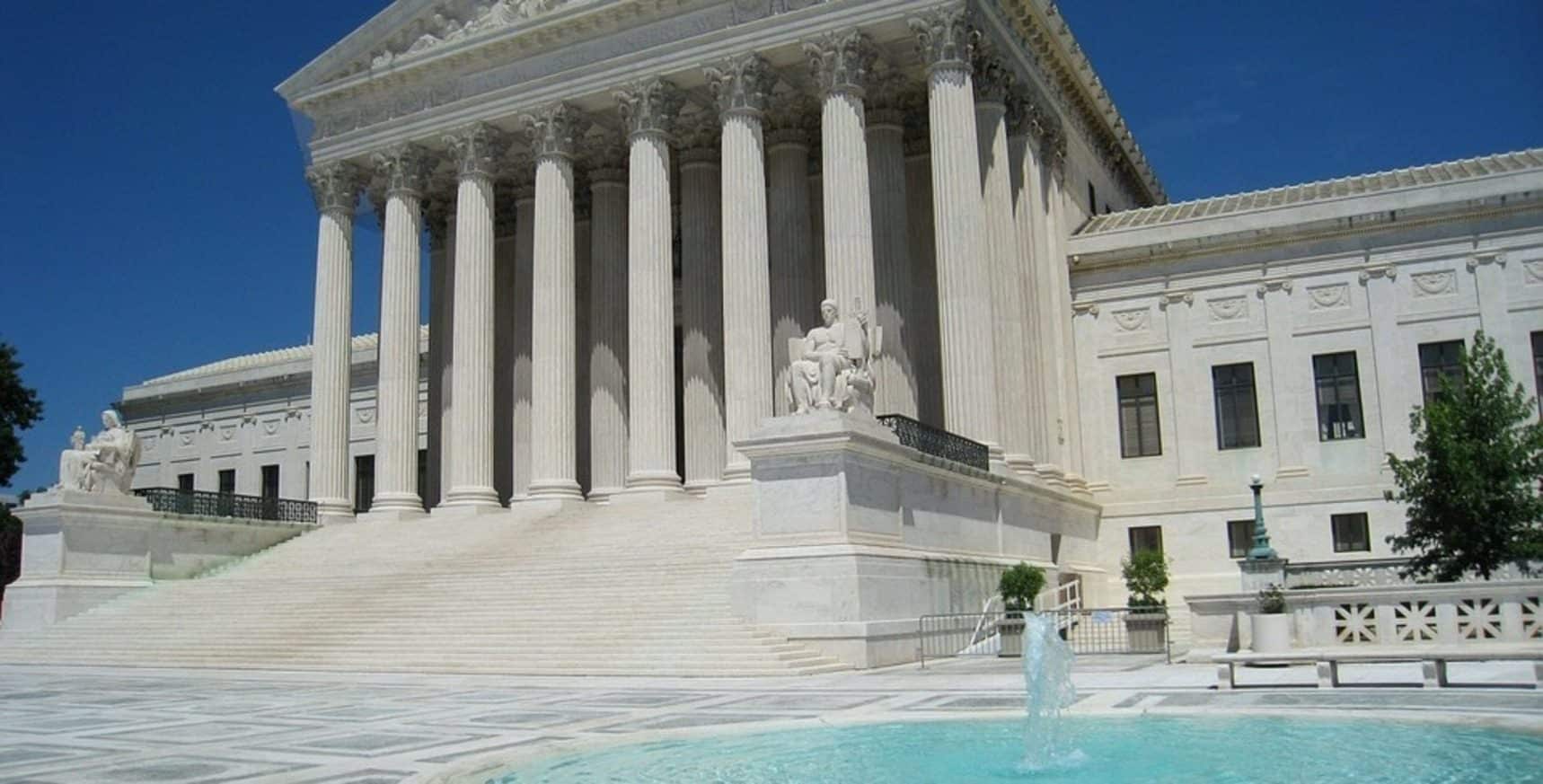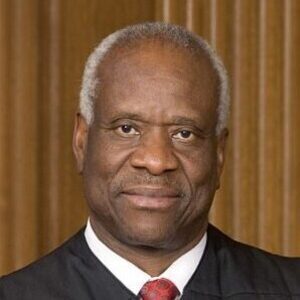
The question would have been asked on the “short form,” which goes out to every household in America. The Attorney General of New York, along with 19 other attorneys general, filed a lawsuit to stop the Department of Commerce from adding the question, alleging that the question would only serve to scare permanent residents, those living in the U.S. on visas, and undocumented immigrants from completing the Census, especially in light of the Trump administration’s severe crackdown on illegal immigration. This would, New York argued, ultimately take federal funding and representation for states and cities with large amounts of non-citizen residents by encouraging non-citizens to underreport themselves and direct that funding and representation towards rural areas with largely native-born populations, which tend to vote Republican.
It later came to light that Secretary Ross was aware that adding the question in part could discourage non-citizens from responding to the Census. The Commerce Department responded that this was not their intent and that it was not responsible if non-citizens decided not to respond to the Census, which they are required to do. The Census is, by law, supposed to count every person who is resident in the United States on the day specified, whether a citizen or not, and the Constitution requires that one must happen at least every 10 years.
The Court issued a complicated ruling, with some parts of its opinion being unanimous, some parts being divided, and some justices concurring in part and dissenting in part from the court’s general opinion. It would not be accurate to frame this decision in terms of justices for and against. The bottom line is that the Court held that Secretary Ross had a political motive in adding the question, that his stated reasons for wanting to add the question were not part of another useful goal of asking about citizenship, and that he instructed Department of Commerce staff to “find the best rationale” to add the question. Because of this, the Court upheld previous rulings that said the question cannot be added to the 2020 Census, but did allow that if the Commerce Department could give an un-contrived reason for the question, even if it were for a political end, that a question about citizenship could be permitted.
Designing and printing hundreds of millions of forms takes months to complete, so it may have already been too late for the question to be added. Even one more appeal would likely have been resolved beyond the Census’ mandated response date of April 1. All previous policy had decided the next Census would happen on April 1 and the Enumeration Clause of the Constitution would require the census to happen sometime in 2020 as the last one happened in 2010. However, a quick turnaround from the Department of Commerce could have meant the citizenship question would appear on the census, but alas …






